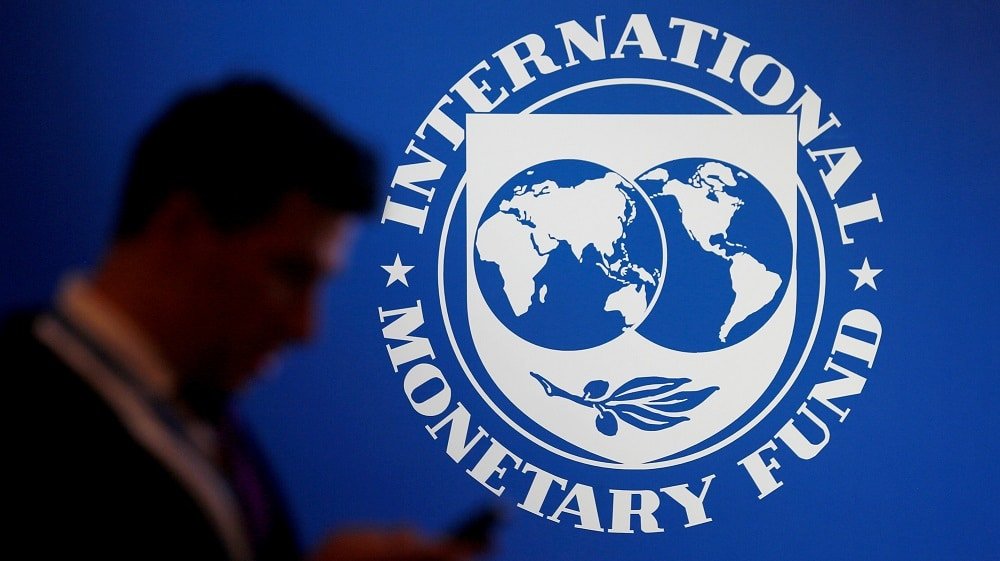The International Monetary Fund (IMF) has concluded its in-person mission to Pakistan without reaching a Staff Level Agreement (SLA) on the first review of the country’s $7 billion Extended Fund Facility (EFF), according to a statement released by the global lender.
The IMF team, which visited Pakistan from February 24 to March 14, 2025, will continue policy discussions virtually “over the coming days” to finalize the review, indicating some delays in the process that could impact Pakistan’s external financing plans.
“The IMF and the Pakistani authorities made significant progress toward reaching a Staff Level Agreement on the first review under the 37-month Extended Arrangement,” the IMF stated, while noting that discussions also covered a potential new arrangement under the Resilience and Sustainability Facility (RSF) for climate financing.
According to Shankar Talreja, CFA at Topline Research, the delay in reaching an SLA could have implications for Pakistan’s external accounts. “The Governor State Bank mentioned in his last briefing that some foreign exchange inflows are tied to the IMF review. The government may now have to rely on relatively high-cost commercial borrowings to support or meet reserves targets,” Talreja noted.
The government has already implemented several measures to meet IMF conditions, including increasing the Petroleum Development Levy (PDL) by Rs. 10 per liter on petrol and diesel, and imposing an additional Rs. 791 per mmbtu grid levy on captive power generation. The PDL increase alone is expected to generate an additional Rs. 14-15 billion monthly for the government.
During the first eight months of the fiscal year, Pakistan has collected approximately Rs. 728 billion from PDL, representing 68% of the IMF target of Rs. 1.066 trillion for FY25. Analysts believe the government will achieve the IMF’s annual PDL target even with flat sales growth, though meeting the government’s own higher target of Rs. 1.281 trillion would require a 25% year-on-year increase in sales for the remaining four months.
The IMF has reportedly agreed to revise down the Federal Board of Revenue’s (FBR) revenue targets by Rs. 620 billion to Rs. 12.35 trillion, as Pakistan is still meeting its tax-to-GDP target of 10.6% with the adjusted figures. This revision reflects a downward adjustment in nominal GDP to Rs. 116.5 trillion from initial estimates of Rs. 123 trillion for FY25, due to lower inflation and real GDP growth projections.
Drawing parallels with Pakistan’s previous IMF experience, Talreja noted that the last EFF program in May 2024 also saw delays between the end of the mission and the SLA, which was eventually achieved on July 12, 2024. Board approval took another two and a half months, with prior actions including the FY25 budget, electricity tariff adjustments, and gas tariff revisions.
Similar patterns have been observed in recent IMF reviews of Bangladesh and Sri Lanka, where SLAs were reached but board approvals were delayed pending implementation of prior actions, particularly related to budget measures and tax reforms.
“We believe it will take a few weeks to sign the SLA as the government may share new budgetary measures for FY26 with the IMF or present the budget in parliament earlier to secure IMF board approval before June end,” Talreja projected. “Even if the SLA is achieved earlier, the board approval may contain preconditions like passage of the FY26 budget in line with IMF guidelines.”
The virtual discussions in the coming days are expected to focus on new tax measures for the FY26 budget, energy sector reforms, and progress on the government’s privatization plan, according to the Topline Securities.










